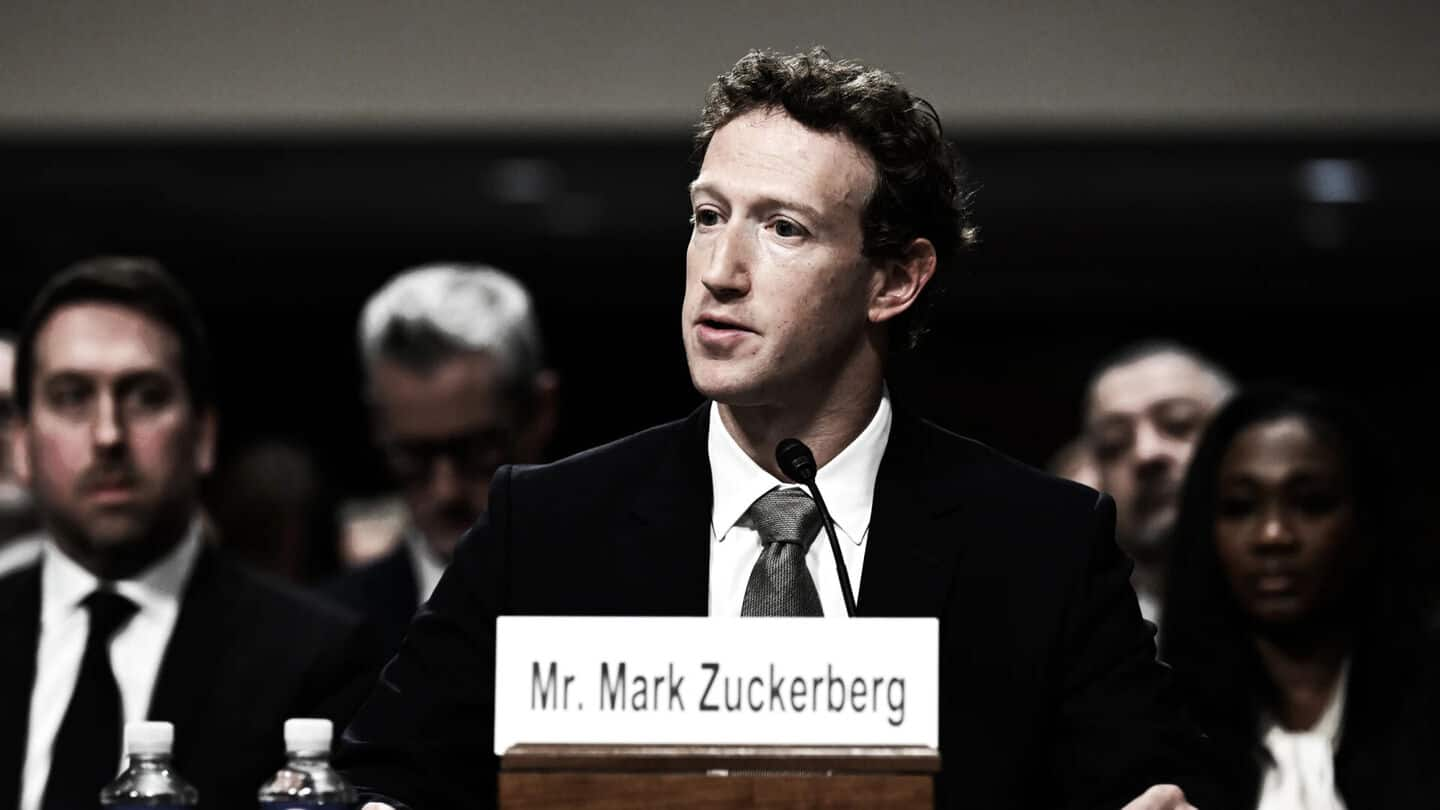
FTC trial begins—Will Zuckerberg be forced to sell Instagram, WhatsApp?
What's the story
A major antitrust lawsuit against Meta, the parent company of Facebook, commences today in Washington.
The US Federal Trade Commission (FTC) alleges that Meta acquired Instagram in 2012 and WhatsApp in 2014 to kill competition and create a monopoly.
The FTC had earlier approved these acquisitions but promised to keep an eye on their effects over time.
Trial implications
Possible outcomes and Meta's defense strategy
If the FTC wins this case, it could force Meta CEO Mark Zuckerberg to divest Instagram and WhatsApp. However, Meta is confident of winning.
Legal experts believe the company may argue that user experience on Instagram has improved since its acquisition.
Vanderbilt Law School antitrust expert Rebecca Haw Allensworth said, "The [FTC's] argument is the acquisition of Instagram was a way of neutralizing this rising competitive threat to Facebook."
Witnesses
Testimonies and political implications in FTC vs Meta
Both Zuckerberg and former COO Sheryl Sandberg are expected to testify in the trial, which could last for several weeks.
The lawsuit, FTC vs Meta, was filed during Donald Trump's first term as US President, but could get politically charged during his second term.
According to The Wall Street Journal, Zuckerberg has personally lobbied Trump to persuade the FTC to drop this case against Meta.
Agency's position
FTC's stance and Meta's response
While Meta has not confirmed its lobbying efforts with Trump, it did say, "The FTC's lawsuits against Meta defies reality."
The company also added that over a decade after the FTC approved their acquisitions, this lawsuit implies that no agreement is ever truly final.
This case comes as another major antitrust case—US government v Google—enters its remedies phase.
Legal hurdles
Challenges ahead for FTC in Meta case
The FTC's case against Meta is likely to be tougher to prove than the one against Google.
Laura Phillips-Sawyer, a business law professor at the University of Georgia, believes that "they have a real uphill battle."
She added that there is a lot of competition in personal network services space where Meta operates, which could make the FTC's case difficult.